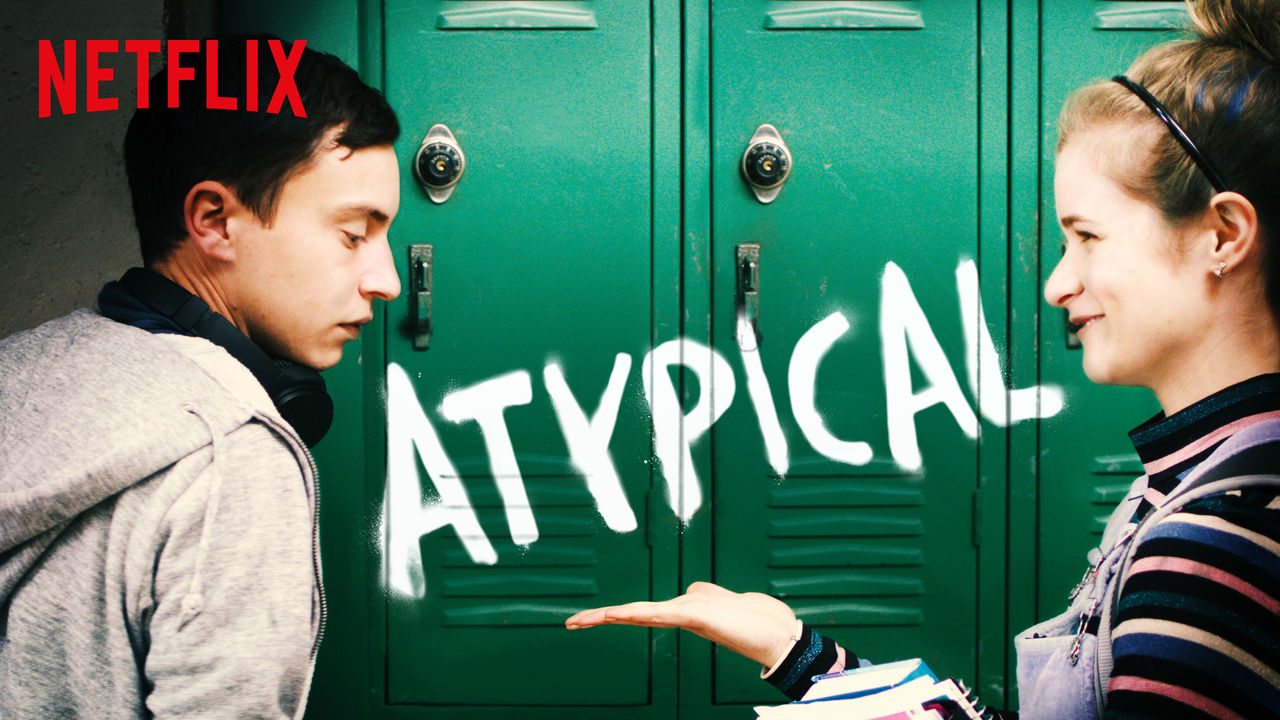It feels like Neflix’s Atypical, a family drama following the coming-of-age story of Sam, an 18-year-old on the autistic spectrum, could have fallen victim to preachiness. It’s all too easy for TV shows to get lost in their own good intentions when they try to raise awareness of these real issues that affect real people’s lives. The focus on the mental disorder of one character can end up blasting everything else about the show – like the merit of the dialogue, the characters, or even anything else that happens – into obscurity.
Season two of Atypical triumphantly declares itself to not be such a show. While Sam’s autism is a central theme in the show, the representation of autism does not become a sprawling, all-consuming force that reduces everything that happens as coming back to Sam’s autism.
Of course, Atypical is about autism – it’s in the name – but at the same time, Atypical is nothing to do with autism.
It’s about two parents who are pushed to their limits after the wife falls into an affair that destroys all her husband’s trust and leaves him a prisoner in his own feelings; it’s about teenagers trying to survive high school, with its drama and intrigue, cliques and bullying, and on-and-off relationships; it’s about a 15-year-old girl trying to find her place between a parent who won’t speak about his problems, another who is trying to force her way back into her life, a boyfriend who she isn’t sure of her feelings for, and a new school where she has new friends one day and none the next.
It is this carefully measured blend of familial, social, personal and political themes that make Atypical deeply human. With each family member being thoroughly, palpably real but has just as many flaws, complexities, and insecurities as someone you might know, all that is left to say is that if Atypical is anything to go by – normal really is overrated.
Georgie Wardall
Image: [New On Netflix]

